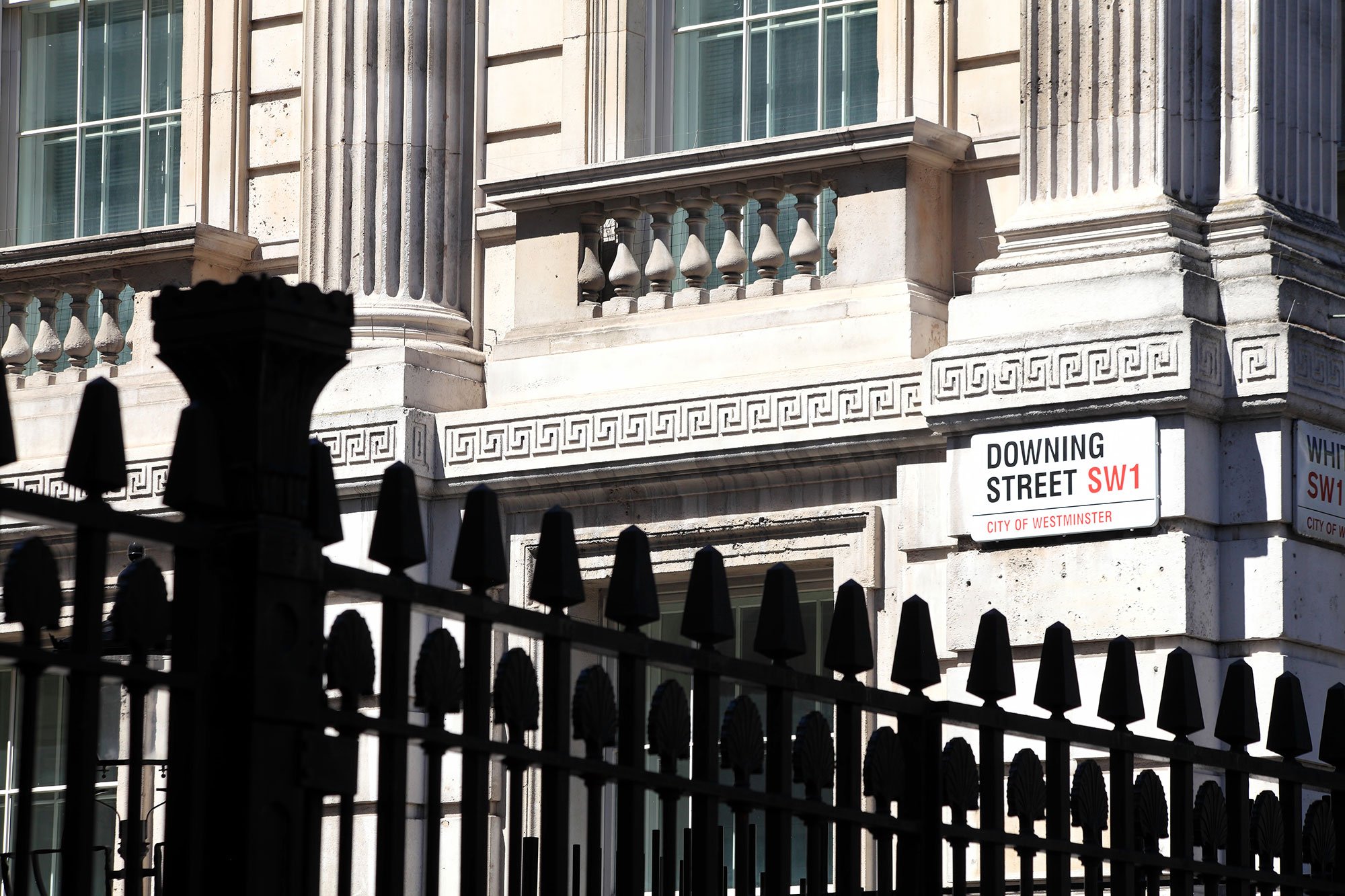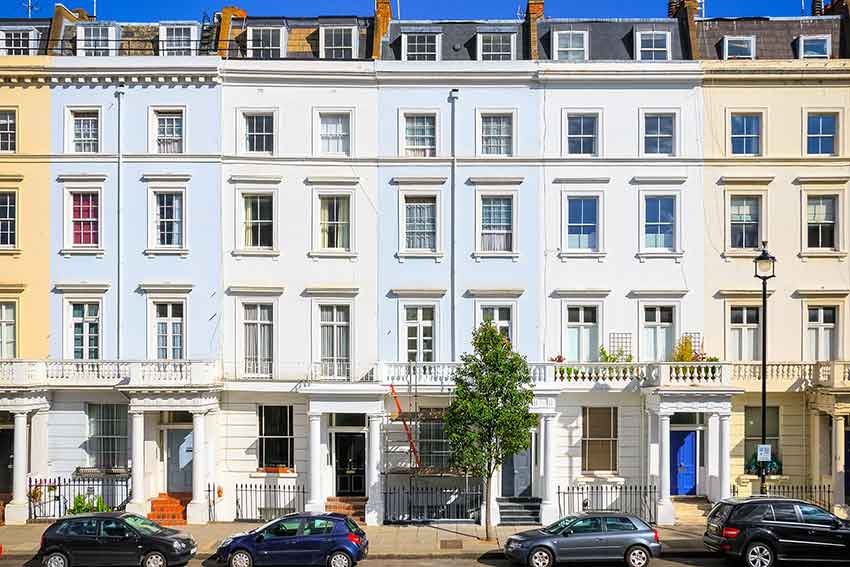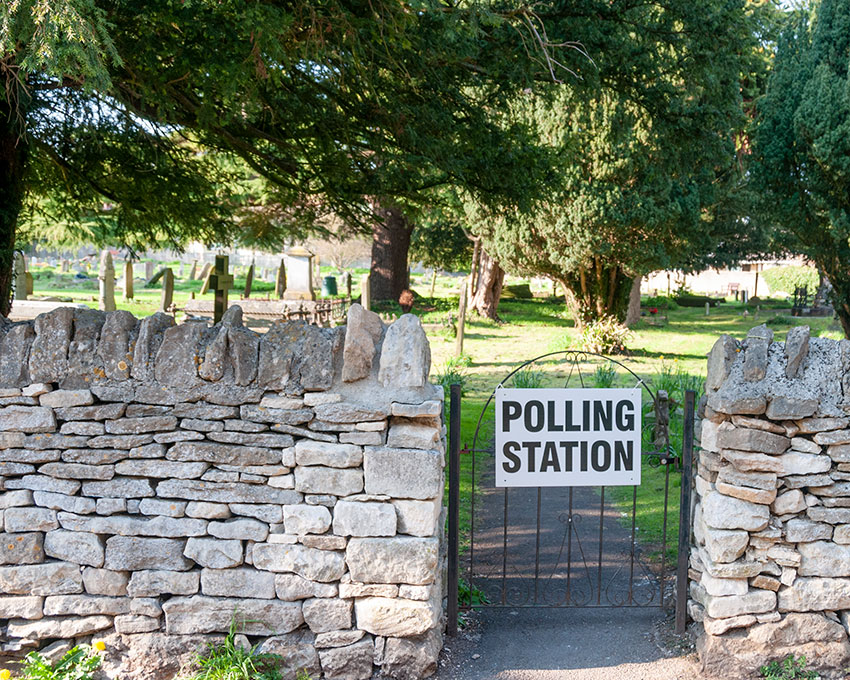Days
Hours
Minutes
Seconds
May 1 2026 - Renters' Right Act Commencement Day
You have 0 days to:
Serve any final Section 21 notices
Stop accepting above-asking rent offers
Prepare for the rental bidding ban
Remove “No DSS” from adverts
Remove “No Children” from listings
Show one clear rent price
Stop using fixed-term agreements
Switch to periodic tenancy templates
Check which tenancies go periodic
Stop taking rent before signing
Take no more than one month’s rent
Move all evictions to Section 8
Train staff on new notice rules
Create Section 13 process flow
Add two months to rent reviews
File court claims for Section 21s
Update landlord move-in grounds
Update landlord selling grounds
Send the RRA Information Sheet
Create written terms where missing
Update How to Rent processes
Review tenant screening questions
Update pet request processes
Stop backdating rent increases
Discuss rent protection backbooks
Act now before it is too late...
Conservatives vs. Labour: Housing plans and proposals
From rent controls to boosting housing supply, here's how Conservative and Labour plans for the housing sector compare.
The Goodlord team
Jul 3, 2024
Updated: 3 July 2024
Housing is a key policy focus for any political party. With the ongoing cost-of-living crisis, energy efficiency upgrades in demand, and mortgage and rent rates increasing, housing affects every person in the UK. So what do the two leading parties promise for the sector?
The Conservative Party plans to bring back the Renters (Reform) Bill, as it did not pass through parliament before its dissolution for the general election.
Instead, the Labour Party has decided to focus on the different areas that affect landlords, letting agents and tenants in the sector, as part of their mission to "break down the barriers to opportunity".
As of 2 July, Labour holds 40% of the opinion polls and Conservative has 21%. With the run-up to the General Election on 4 July, letting agents should understand now what the two leading parties' policies are for housing.
Read on for a brief overview of their proposals around some key points:
- Reforming private renting
- Introducing rent controls
- Boosting housing supply
- Housing standards
- Regulating holiday homes and short-term lets
- Leaseholds and Freeholds
1. Reforming private renting
Conservative party
The Conservative government's direction for the private rented sector is no secret. The Renters (Reform) Bill, first revealed in 2019, will be re-entered into parliament if the party is elected.
In their manifesto, the party is dedicated to passing the Renters (Reform) Bill, to "deliver fairness in the rental market for landlords and renters alike".
Plans within the bill include abolishing Section 21 ("no-fault") evictions and strengthening other grounds for landlords to evict private tenants guilty of anti-social behaviour.
Labour party
Labour has previously shared there are “significant doubts” around the version of the Renters (Reform) Bill as introduced, due to multiple provisions being removed from the bill after experiencing staunch resistance from Conservative back-bench MPs.
The party plan "will legislate where the Conservatives have failed" by overhauling the regulation of the private rental sector.
Section 21 'no-fault' evictions will be immediately abolished if Labour is elected. The party will also take "decisive action to improve building safety, including through regulation".
2. Introducing rent controls
Conservative party
Although some corners of the Conservative party are in favour of a rent freeze, the current government has rebuffed calls for a freeze coming from, among others, the Labour Party Mayor of London, Sadiq Khan.
The Renters (Reform) Bill white paper shared that "this government does not support the introduction of rent controls to set the level of rent at the outset of a tenancy".
Labour party
There are plenty of vocal proponents of rent controls in the Labour Party, including Sadiq Khan and Manchester Mayor Andy Burnham. However, the party also includes some detractors, such as Shabana Mahmood, a senior MP and Labour’s Campaigns Manager.
They will also empower renters to "challenge unreasonable rent increases", although it is not mentioned how in their manifesto.
3. Boosting housing supply
Conservative party
As part of their manifesto, the Conservative Party will aim to deliver 1.6 million homes if elected. There is a promise to do this in the "right places while protecting our countryside".
In 2021, the Conservative Party set an ambitious target of 300,000 houses to build by the mid-2020s.
According to the latest available data, the government only managed to build 234,000 a year.
Labour party
In the Labour party's manifesto, they have created a goal of 1.5 million new homes, as part of the Kickstart Economic Growth mission. This will be achieved over the new parliament.
The party wishes to put local authorities and communities at the heart of housebuilding in their area.
For both the Labour and Conservative parties, there will be a focus on utilising brownfield areas and developing previously used land wherever possible.
However, the Labour party plans to release and prioritise "lower quality 'grey belt' land". There will be "golden rules" to ensure that any development benefits both its community and the surrounding environment.
4. Housing standards
Conservative party
The Conservative's manifesto has not included any regulations on housing standards for the private rental sector.
However, a Decent Homes Standard will be applied alongside the Renters (Reform) Bill, if it is taken back through parliament. During the third reading of the bill, the government confirmed to "apply and enforce the Decent Homes Standard to the private rented sector for the first time, so that everyone has a safe and decent home"
Labour party
Awaab's Law will be introduced into the private rental sector if Labour is elected following 4 July.
This law was originally introduced into the social sector in July 2023 following one-year-old Awaab Ishak's passing away "as a result of a severe respiratory condition due to prolonged exposure to mould in his home environment".
The law will require landlords to investigate hazards within 14 calendar days and begin repairs a following seven days after the investigation. For emergency repairs, landlords have 24 hours to fix any issues.
5. Regulating holiday homes and short-term lets
Conservative party
The current government has started to take steps in recent months to crack down on short-term and holiday lets, particularly in tourist hotspots.
If elected, the Conservatives will "ensure councils have the powers they need to manage the uncontrolled growth of holiday lets".
They have not specifically said how they will achieve this, but it is fair to assume it will be through the Renters (Reform) Bill.
Labour party
Back in July 2022, the Labour Party surfaced a concept similar to the licensing scheme in Wales for short-term lets in England.
This has the same aim as the measures that the Conservative government is suggesting - to help support tourist areas hard hit by the influx of holiday homes.
However, there is no mention of short-term lets within their manifesto. So it is unclear whether there will be any plans to manage short-term lets if the party is elected.
6. Leasehold and Freeholds
Conservative party
Now the Leasehold and Freehold reform bill has passed through the government on the final day of wash-up, the Conservative and Labour parties are looking to further regulations with leasehold and freeholds in the private rental sector.
The Conservatives have promised, within their manifesto, to cap ground rents at £250, and will reduce them to peppercorn rates over time.
They also plan to "complete the process of leasehold reform, to improve the lives of over four million leaseholders" so they don't lose their property and capital unfairly., while also making it easier to take up a commonhold.
Labour party
The Labour Party also wish to take further steps "to ban new leasehold flats and ensure
commonhold is the default tenure".
They will also tackle unregulated and unaffordable ground rent changes and maintenance costs. However, there is little detail on how they will achieve this, and make charges more affordable.
A package of Law Commission proposals will be introduced if Labour are elected. These proposals will focus on "leasehold enfranchisement, right to manage and commonhold".
This article is intended as a guide only and does not constitute legal advice.










.jpg)